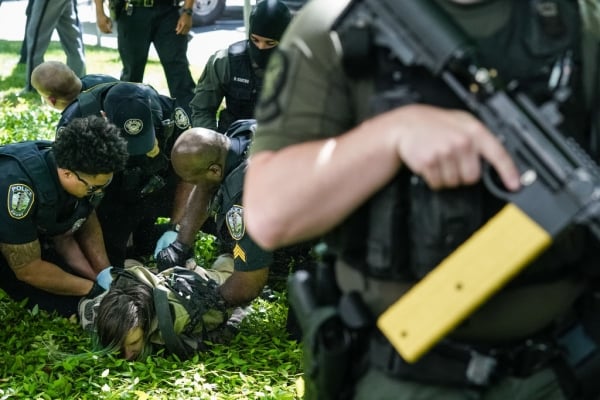In recent years, there has been a growing movement calling for institutions to divest from certain industries, such as fossil fuels, weapons manufacturing, and prisons. Divestment is the act of selling off investments in companies or industries that a group deems unethical or harmful to society. The goal of divestment is to put financial pressure on these companies to change their practices or to signal to the market that there is a shift in societal values.
However, as more and more institutions, including universities, churches, and cities, have started to divest from controversial industries, there has been a backlash from some who argue that this strategy is too simplistic or ineffective. Some critics argue that divestment is merely a symbolic gesture that does little to actually impact the behavior of companies. Others argue that divestment could actually harm the economy by limiting investment opportunities and potentially leading to job losses.
One recent example of this debate playing out in the public sphere is the call to divest from police departments. In the wake of the Black Lives Matter movement and calls to defund the police, some universities and cities have faced pressure to divest from police departments or at least reconsider their financial ties to law enforcement.
The question of whether or not to divest from police departments poses a unique challenge for public officials and university presidents. On one hand, there is a moral and social justice imperative to address systemic racism and police violence. Divesting from police departments can be seen as a concrete step towards addressing these issues. On the other hand, public safety is a key responsibility of government, and divesting from law enforcement could have unintended consequences for public safety and security.
University presidents, in particular, are in a difficult position when it comes to divestment from police departments. Universities often have close ties to local law enforcement agencies for campus security and other services. Divesting from police departments could strain these relationships and potentially jeopardize the safety of students and staff.
In the end, the decision to divest from police departments or any other industry is a complex one that requires careful consideration of the potential consequences. While divestment can be a powerful tool for driving social change, it is not a one-size-fits-all solution. Presidents and public officials must grapple with these issues and weigh the competing priorities of social justice, public safety, and economic stability.



